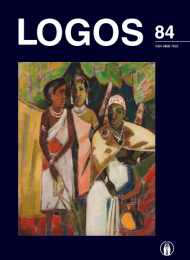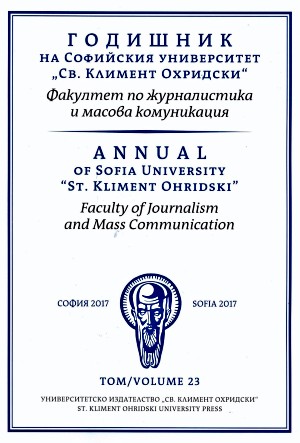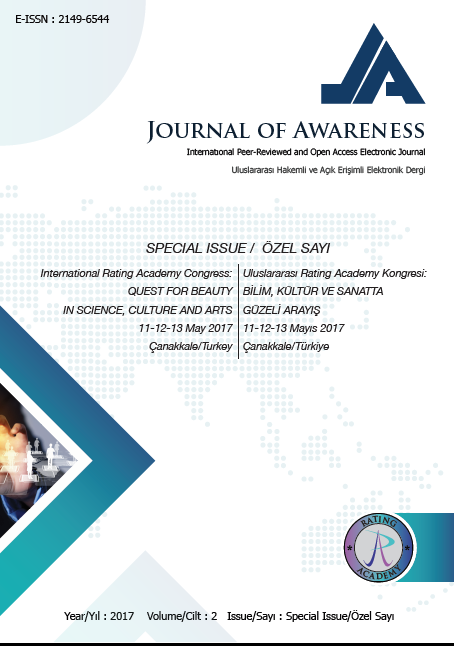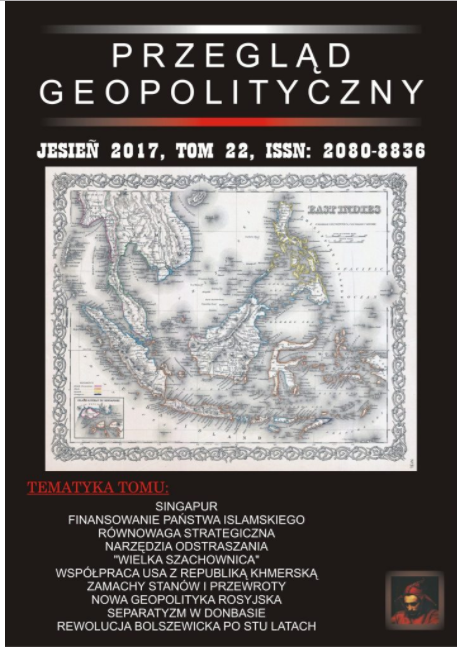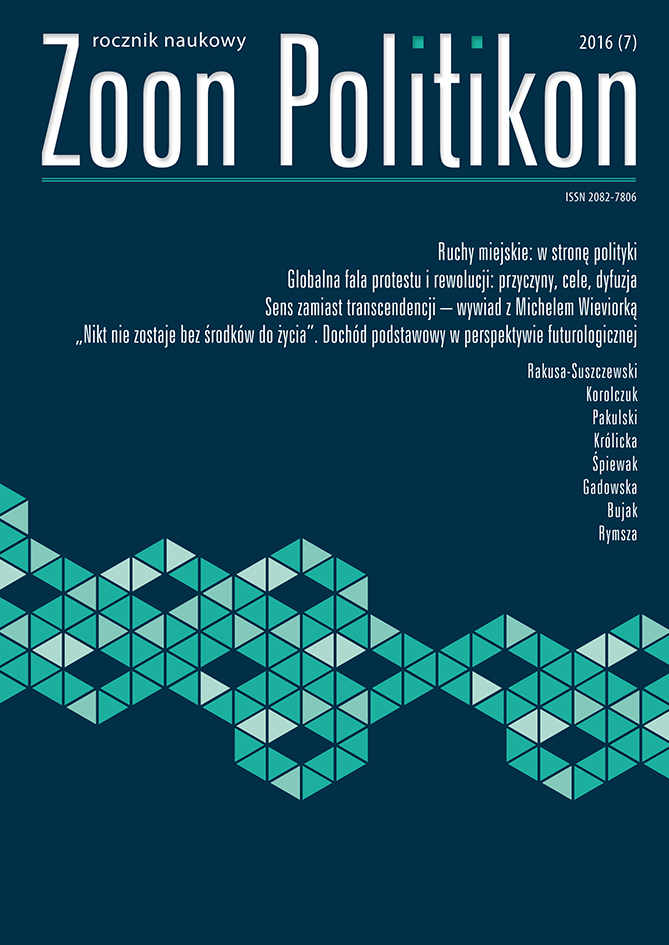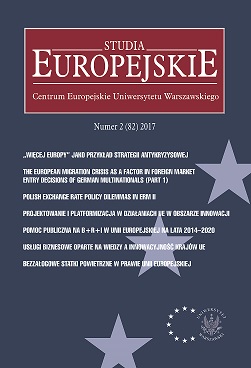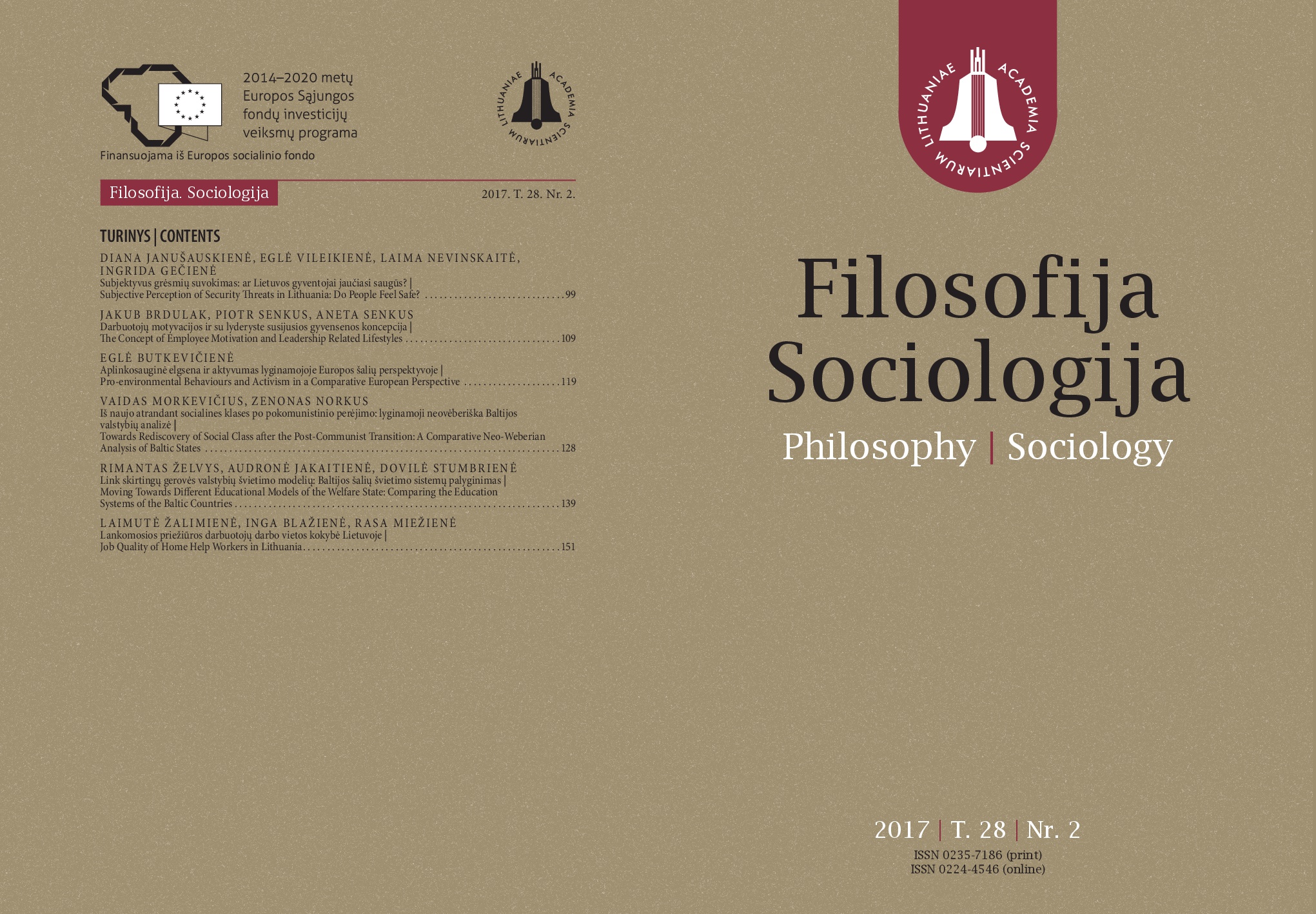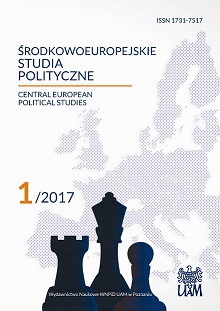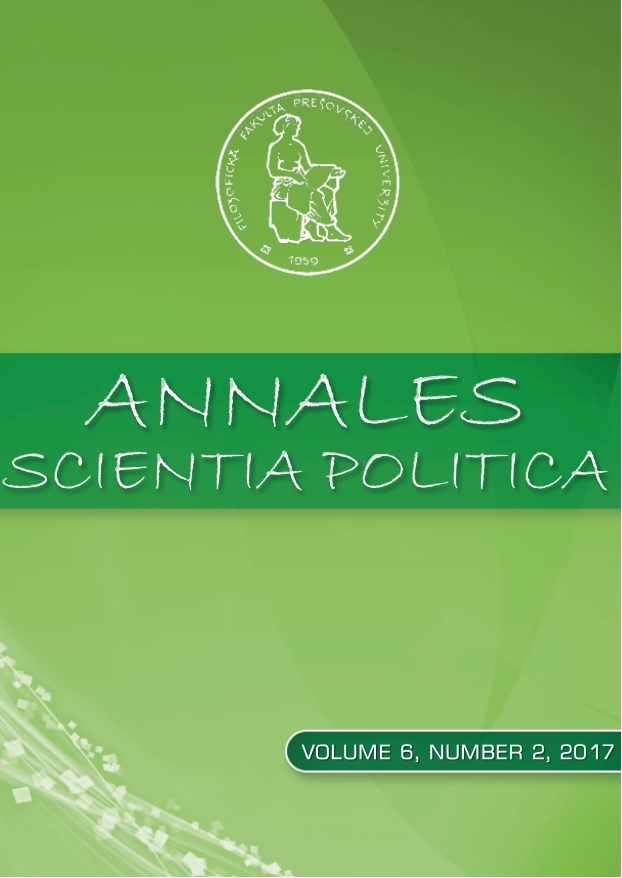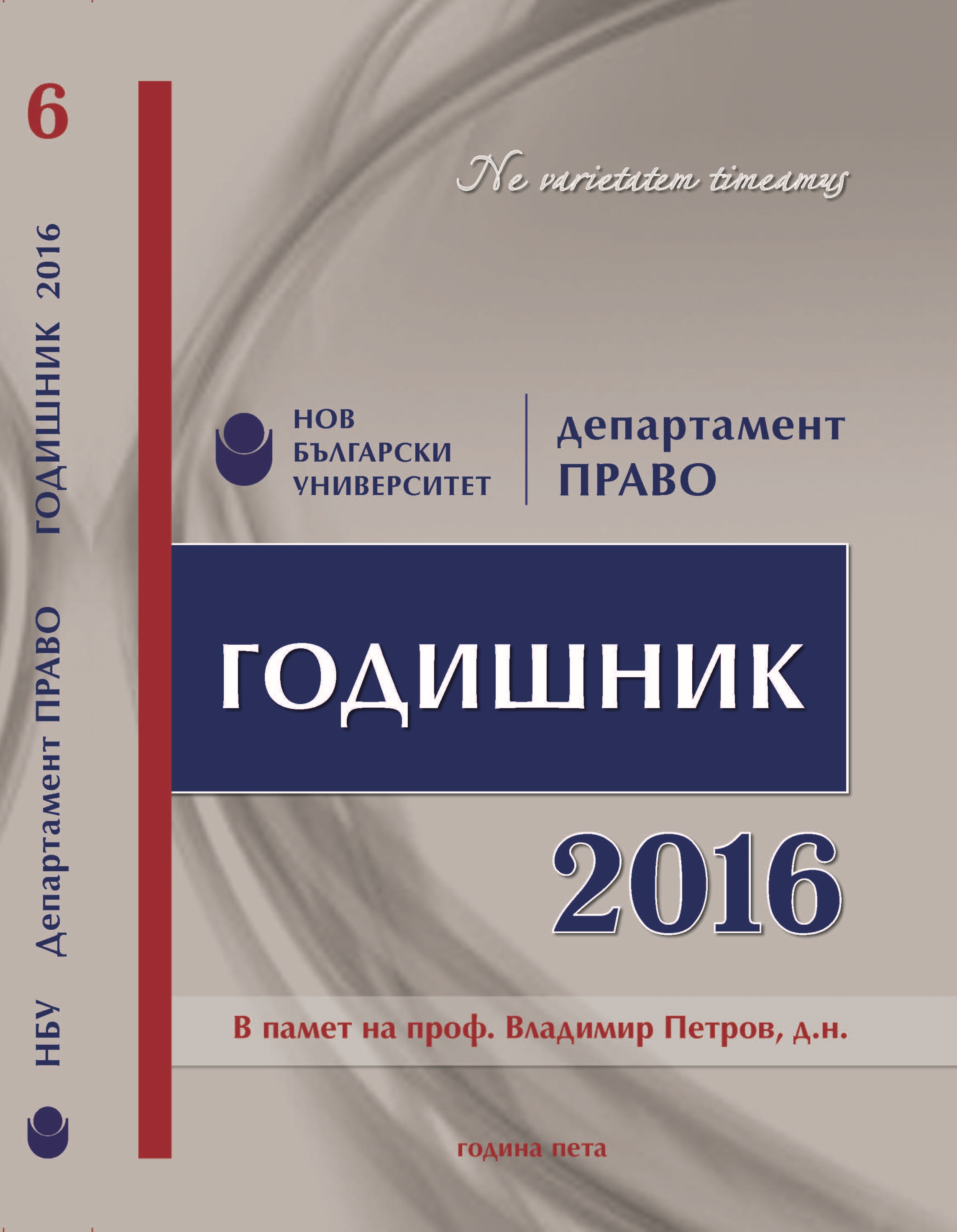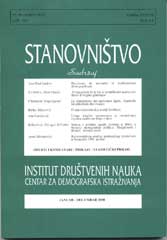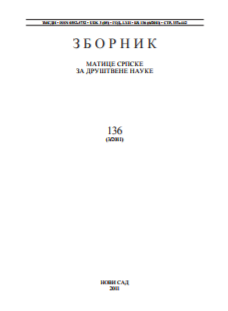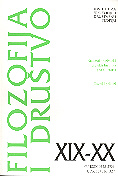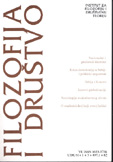Author(s): Alain Parant / Language(s): Serbian
Issue: 1/2008
Generations born today, or at least are trying to be, are scarcer than before all over the world. This decrease in the number of children is affecting modern societies in many spheres. If it was to be supported by efficient policies, it could be the source of a general improvement of life conditions. However, if this phenomenon continues or becomes drastic, it could ultimately lead to slower or faster demographic ageing, which could endanger many social heritages. Public intervention must, in that case, impinge much deeper, but without guarantees for a complete, if not permanent, success. The introductory part of the article is dedicated to the concept "demographic revolution" which was developed in 1934 by the French politician and demographer Adolphe Landry, in order to mark the development of a demographic regime which is characterized by a universally accepted practice of birth control, which represents a response for the essential concern for life standard improvement, not only for the parents but their children as well. But then, birth control is the primary cause of population ageing. The article further presents some of the most striking traits of the current French demographic situation, as its future development. France has a positive balance of population exchange with the remaining part of the world, as most of the Western European countries, but still the greatest part of its demographic increase is obtained from a larger number of births than deaths. Because of this, France is often seen as a real demographic paradise in Europe, whose population is decreasing and ageing. This image is certainly flattering, but it is becoming very contradictory after an analysis of long-term trends of fertility indicators and population ageing. The third part of the article, with the situation in France in focus, investigates the modalities and limitations of activities which a society, faced with demographic ageing and decreasing number of children, can apply: policies or simple "adjusting along the way" to demographic processes measures; policies and measures which are more intervening – even in the completely private sphere of birth-giving, and directed towards the limitation of some very unfavorable effects and not towards the change of strongly expressed tendencies of population ageing.
More...

